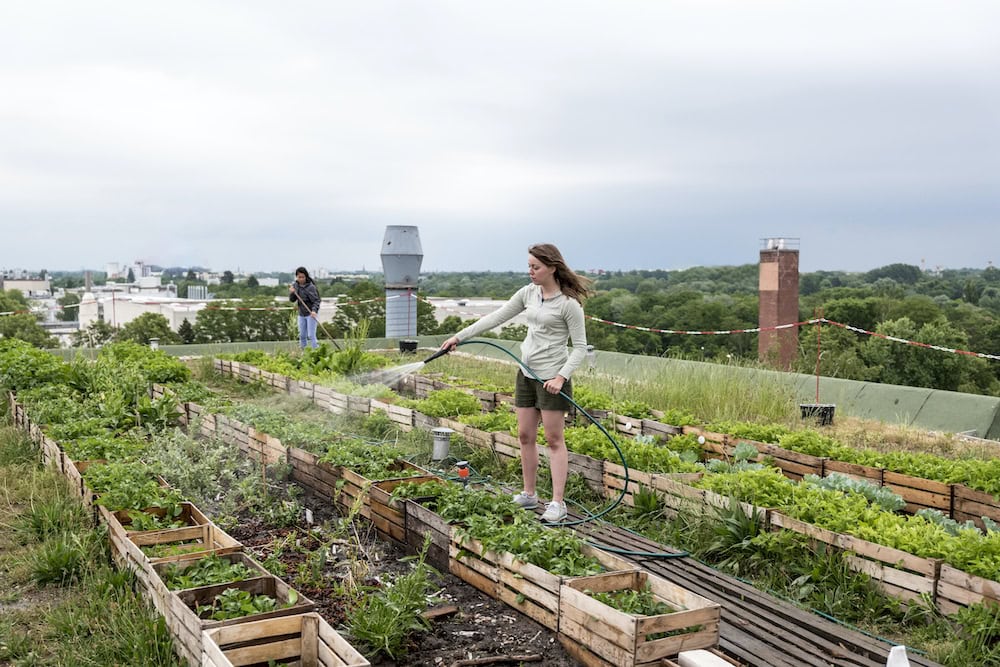Urban gardening is emerging as a powerful tool for enhancing mental well-being in city environments. Engaging with plants and nature helps to reduce symptoms of depression and anxiety, leading to a decrease in reported stress levels. Community gardens foster social interaction, combating feelings of isolation and enhancing social connections. Research indicates that individuals involved in such activities experience improved mental and emotional health, increased physical activity, and a more balanced diet, ultimately contributing to a higher quality of life.
The act of nurturing plants not only nurtures the environment but also cultivates a sense of purpose and community, ultimately leading to better mental health outcomes. Tasks such as digging, planting, and weeding provide physical exercise and serve as meditative practices, allowing individuals to clear their minds and focus on the present. This mindfulness found in gardening can effectively reduce feelings of anxiety and depression, showcasing the critical relationship between physical health, activity, and mental well-being.
Moreover, urban gardening initiatives contribute to community cohesion and resilience. By transforming vacant lots and rooftops into green spaces, these projects promote sustainability, food security, and social inclusion. The collaborative nature of community gardens encourages interpersonal connections and a shared sense of responsibility, which are vital components of mental health. As cities continue to grow, integrating urban gardening into urban planning can play a significant role in fostering healthier, more connected communities.






